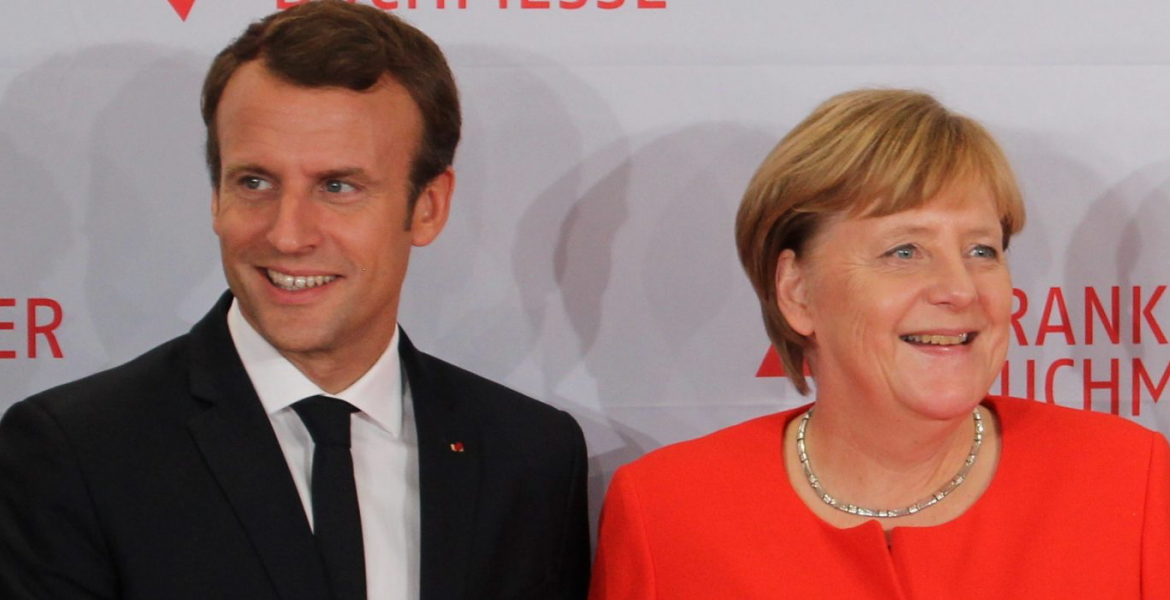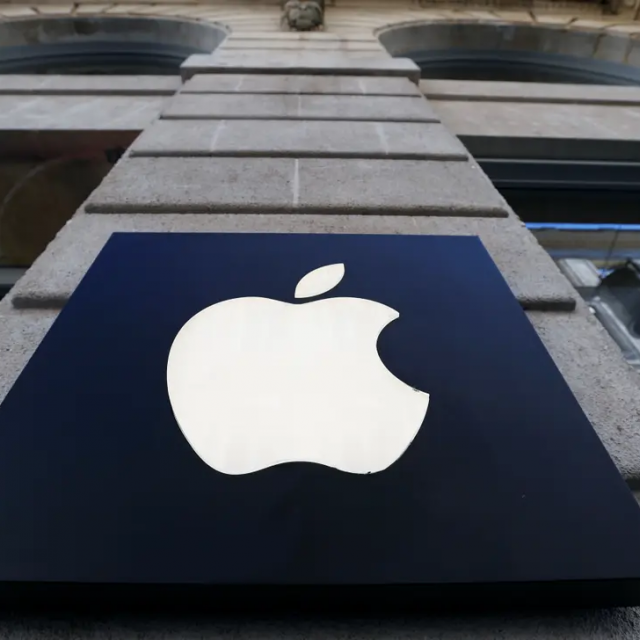Angela Merkel and Emmanuel Macron have proposed that the EU borrows on the financial markets in order to disperse some €500bn through grants to European economies hit hardest by the coronavirus pandemic.
Under the Franco-German proposal the member states receiving the funds would not need to repay the cash. Liability for the debt would instead be added to the EU budget, to which member states contributions vary according to the size and prosperity of their economies.
Should the proposal receive the endorsement of the 25 other member states, it would amount to a significant move towards a level of burden-sharing and fiscal transfers firmly opposed during past crises.
The European commission, the EU’s executive arm, would borrow the money under the EU’s name
Reacting to the press conference by the German Chancellor and the French President, President von der Leyen said, “I welcome the constructive proposal made by France and Germany. It acknowledges the scope and the size of the economic challenge that Europe faces, and rightly puts the emphasis on the need to work on a solution with the European budget at its core. This goes in the direction of the proposal the Commission is working on which will also take into account the views of all Member States and the European Parliament.”
The Commission is convinced that the economic recovery strategy has to base itself on three different pillars that operate together:
– the immediate measures that were taken to enable Member States to support the economy, in the form mainly of the flexible State Aid framework and the triggering of the escape clause of the Stability and Growth Pact, as well as the support provided by the ECB and the EIB;
– the €540 billion of loans in various forms that form the heart of the Eurogroup’s response, including the Commission’s SURE Programme;
– and the Multiannual Financial Framework topped up by the Recovery Instrument, that the Commission will adopt next week.
Together these plans need to enable Member States and businesses to weather the crisis and then launch the massive investments required to bring the European economy back on track.




